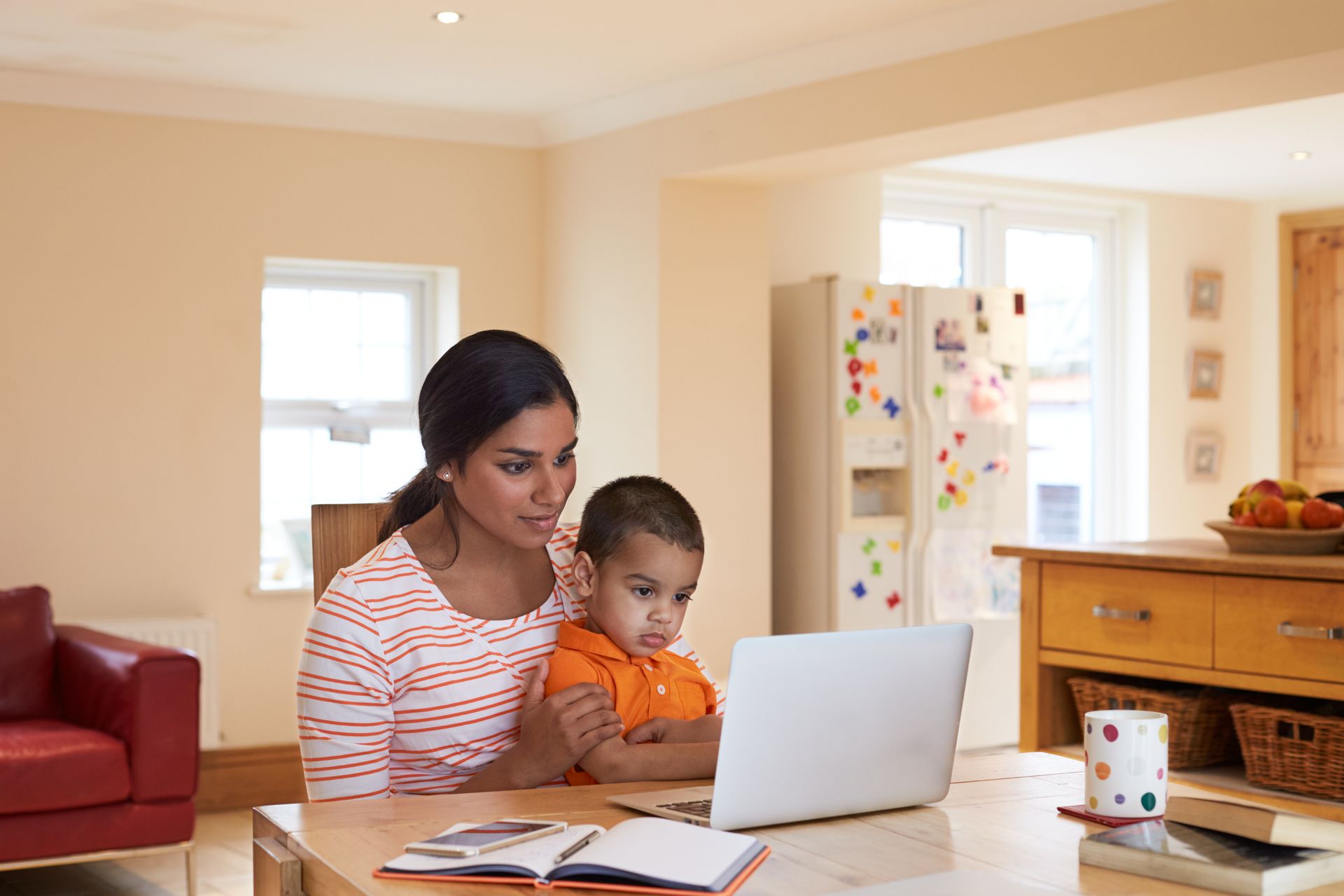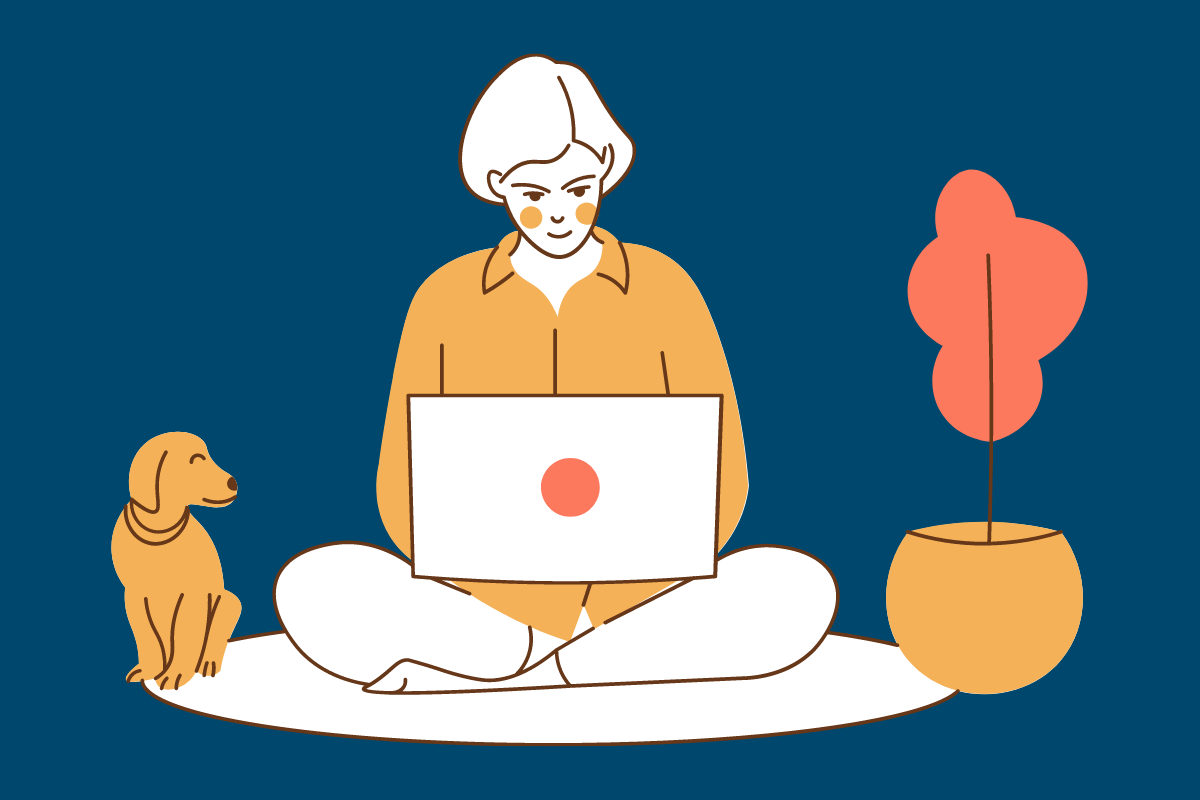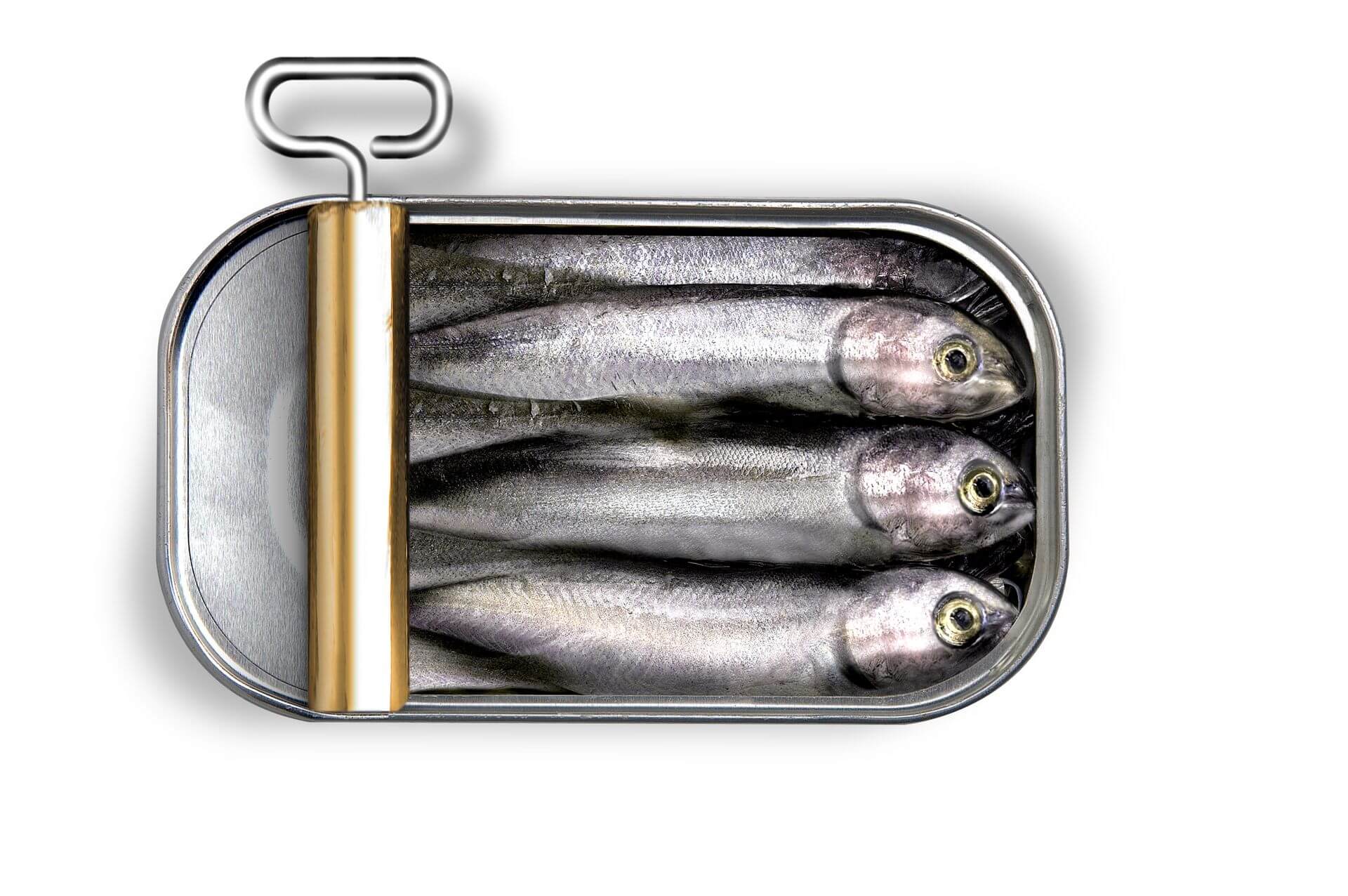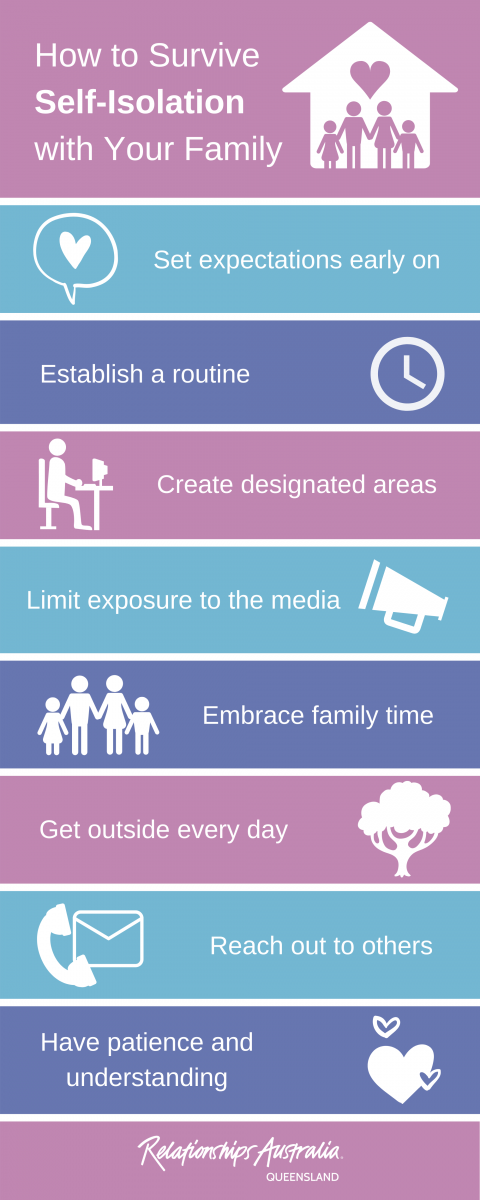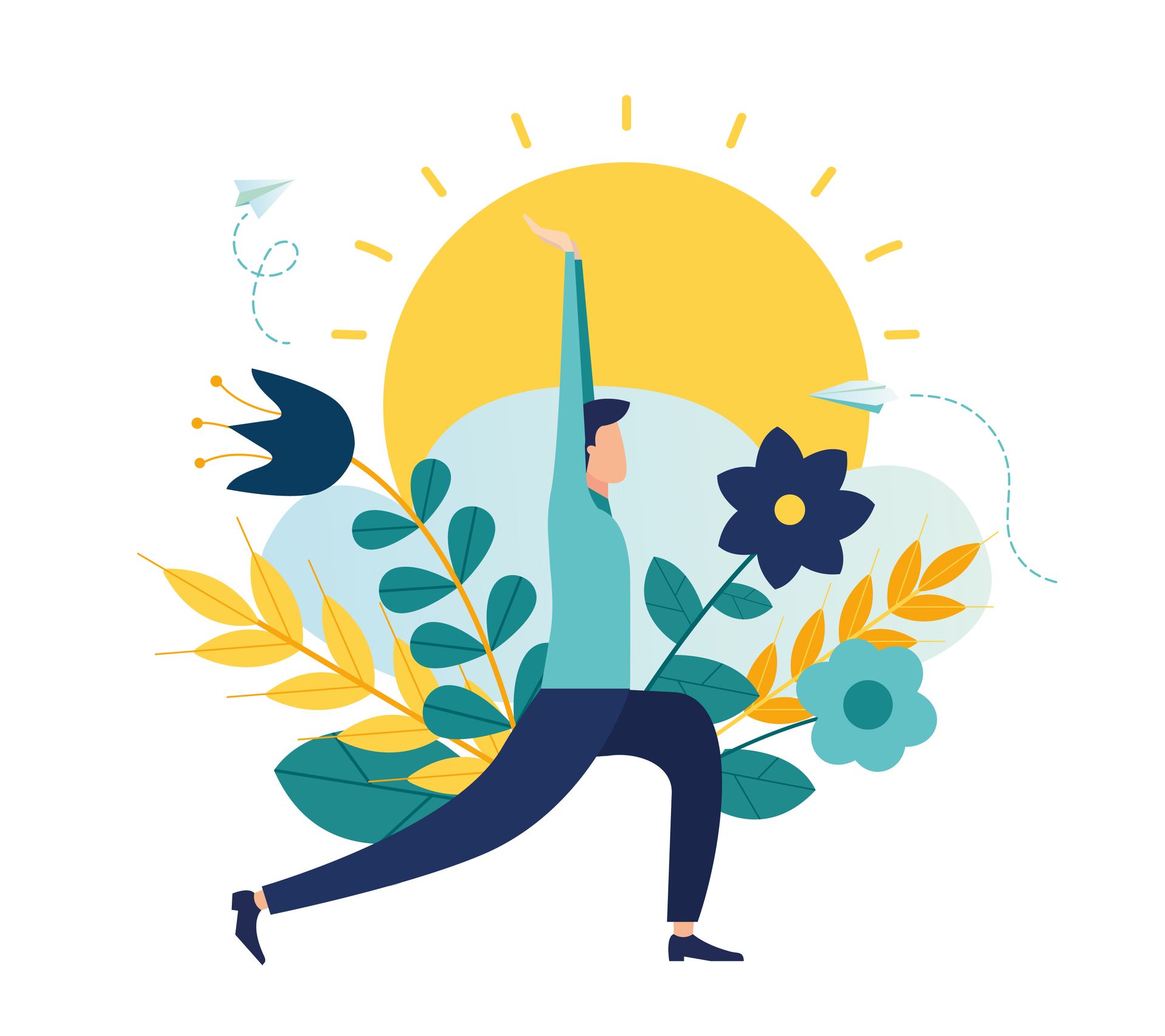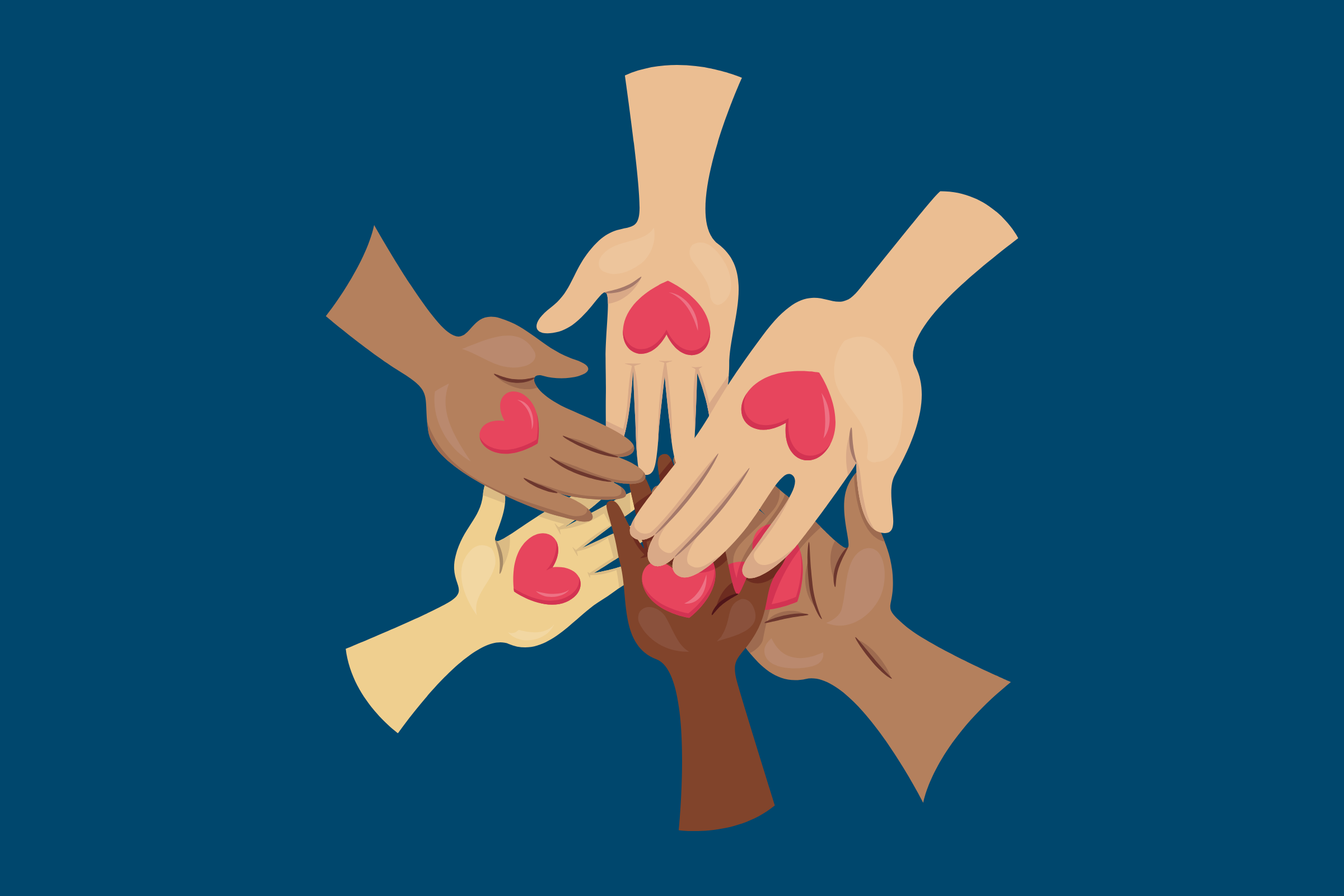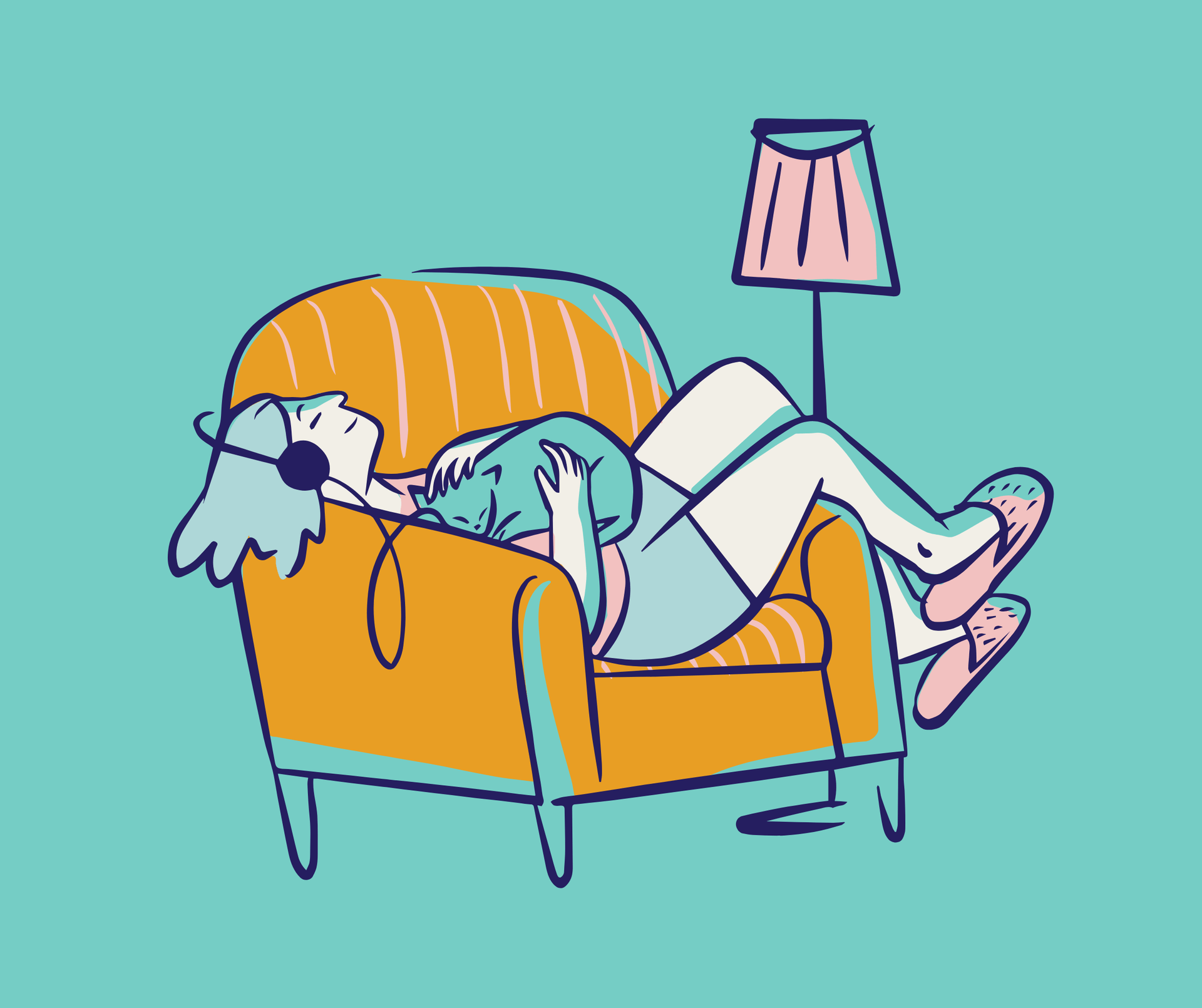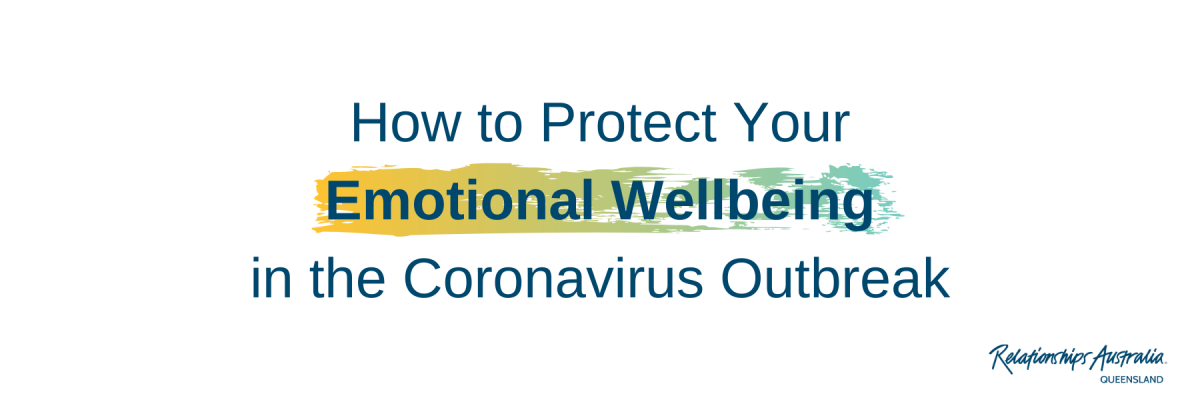
Are you feeling a little uneasy or downright distressed about the coronavirus?
It’s understandable for Australians to be experiencing concern and anxiety – especially with the overwhelming amount of negative news and speculation in the media.
You might be fearful for your health or that of your friends and family. Perhaps you’re confused by conflicting information online. Or maybe you’re just wondering where you’ll get your next pack of toilet paper.
Many of us are taking extra precautions to protect our physical health. But as we sneeze into our elbows and slather our hands in sanitiser, what are we doing to protect our mental and emotional health and wellbeing?
We chatted to Clinical Supervisor Kylie Turner for some advice on how we can look after our mental health and avoid social isolation in a time of ‘social distancing’.
“With the arrival of COVID-19, life feels particularly uncertain for many people as the theme of the unknown is strongly present in our day-to-day lives,” Kylie says. “When things go as planned, we feel in control. But when life throws a curveball, it can leave us feeling anxious and stressed.”
We hope these tips help you and your loved ones protect your emotional wellbeing during the current public health situation.
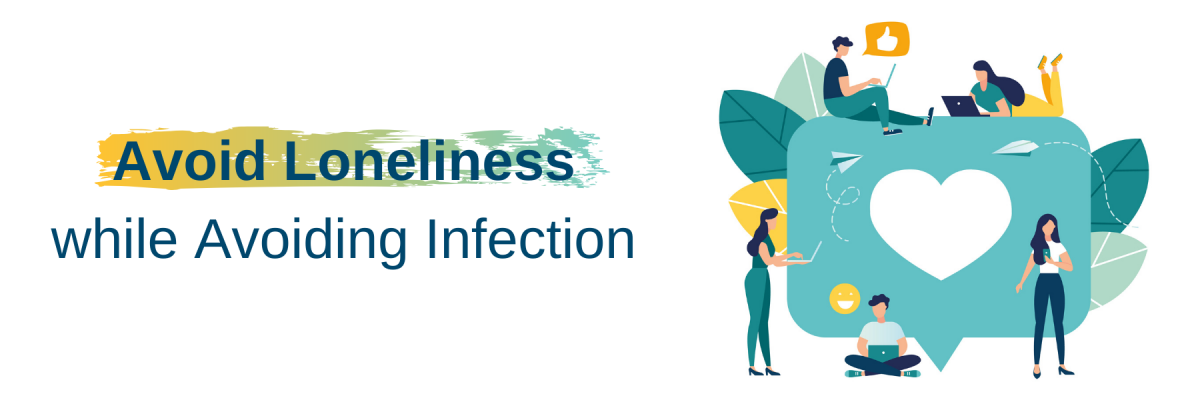
You’ve probably heard health experts urging people to practise voluntary ‘social distancing’ to prevent – or at least slow down – the spread of the coronavirus. Big-crowd events like music festivals and sports events have been cancelled. Companies have advised their staff to work from home. Universities are delivering classes online. Gyms and pools have closed.
These precautionary measures are part of the plan to “flatten the curve” and keep the number of confirmed cases at a manageable level for the health care system. And while these protective actions will help mitigate infection, this social distancing can have negative side effects on our mental and emotional health and wellbeing.
Research shows loneliness is as bad for us as smoking 15 cigarettes per day. It’s a major risk factor for mental health issues such as depression and anxiety.
“It is a basic human need to feel and stay connected with others, whether they be family, friends or colleagues,” Kylie says.
“When experiencing so many unknowns, it is even more important to keep those connections flowing. Connecting with others who are experiencing the same as us can often help to normalise our thoughts and feelings in what is a rather abnormal situation.”
So how do we avoid social isolation during social distancing? Here are a few ways to stay connected during the coronavirus outbreak:
Check in with a Text
It’s quick, it’s easy, and it’s a great way to remind your loved ones that you’re thinking of them. Whether you’re having a lengthy conversation or simply sending an adorable dog meme, texting is one of the most convenient ways to keep in touch.
Pick up the Phone
Call us old fashioned, but spoken conversation can provide a comfort and intimacy that text-based communication can lack. It’s nice to hear your loved one’s laughter as opposed to reading a “lol”.
Get Used to Video Calls
Video calls aren’t just for business meetings, you know. From Skype and Zoom to FaceTime and Facebook Video Chat, there are endless platforms facilitating video calls in this modern day.
Create Group Chats
Facebook Messenger, WhatsApp, HipChat, Google Hangouts, and other messaging apps allow you to keep conversations organised by groups. You can create separate real-time group chats for your friends, family, colleagues and more.
Join Online Groups
As the number of people in self-isolation increases, so too does the number of online communities for Australians to come together and share their experiences. Beyond Blue has a dedicated forum for coping during the coronavirus outbreak, providing a safe space for people to share their concerns and stay connected.
Write a Letter
Who doesn’t love receiving mail? Whip out the pen and paper and surprise a loved one with a handwritten letter. Better yet, post it along with a roll of toilet paper. Not all heroes wear capes.
Compete from Afar with Apps
There’s nothing like a little friendly competition to pass the time in self-isolation. Here are some fun (and free!) games you can play with friends while apart:
- Draw Something – Hone your inner artist with this drawing and guessing game where you pick a word to draw for your friends, and vice versa.
- Words with Friends – Like scrabble, but on your electronic device.
- QuizUp – Challenge existing friends or connect and compete with new people who share your interests. This trivia game allows you to choose from hundreds of niche topics (e.g. anime, Disney Movies, Greek Mythology, ‘80s rock), so it has something for the nerd in all of us.
“Many people withdraw when they’re stressed or worried,” says Kylie. “But social support is important, so reach out to family and friends via the safest mediums for now.”
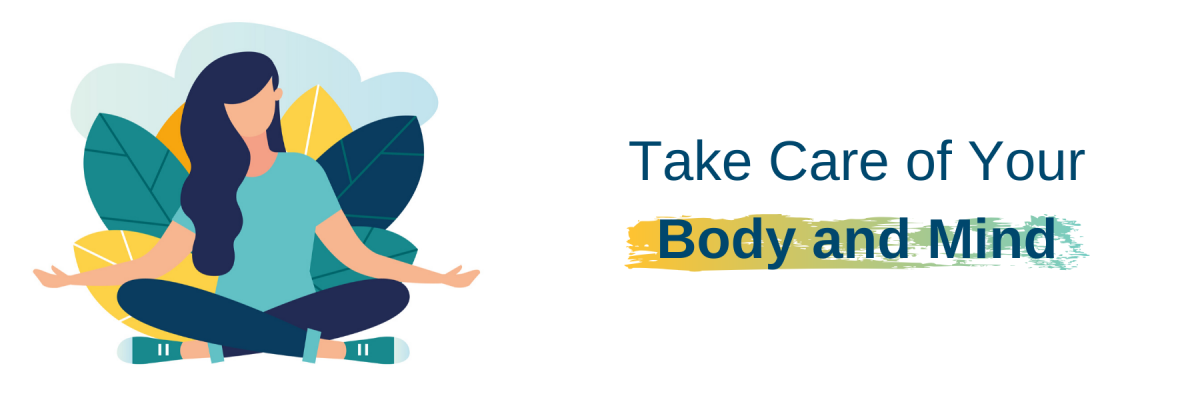
No, we’re not just talking about overzealous hand washing. On top of following good hygiene practices to reduce your risk of infection, it’s important to focus on the lifestyle factors that can impact your mental health, too.
“Don’t let stress around unknowns derail your healthy routines,” Kylie advises. “Make efforts to eat well, exercise and get enough sleep.”
She also recommends engaging in self-care, stating that many people find stress release in practices like yoga, meditation, and walking outside.
Many studies have shown that spending time in nature can relieve stress and anxiety. So if you’re cooped up in self-isolation, try to find a few moments to get outside in the fresh air.
“Treat self-isolation as an opportunity to do activities that help you relax,” says Kylie.

Keeping up to date can help you feel more in control in these times of uncertainty. But with so much information readily available at our fingertips, it can be easy to fall down the rabbit hole of fake news that ultimately fuels our feelings of fear.
“When we’re stressed about something, it can be hard to look away,” Kylie explains. “But compulsively checking the news may contribute to further stress and keep the theme of unknowns alive.”
Avoiding overexposure to negative news is key to finding a healthy balance between staying informed and being overwhelmed.
And if you come across alarmist misinformation that drives panic, don’t add to the problem by sharing it with friends and family. A 2018 study found information regarding potential threats becomes increasingly negative and inaccurate when passed from person to person on social media, unnecessarily amplifying feelings of dread.
“Try to limit your check-ins and avoid the news during vulnerable times of day, such as right before bedtime,” Kylie advises.
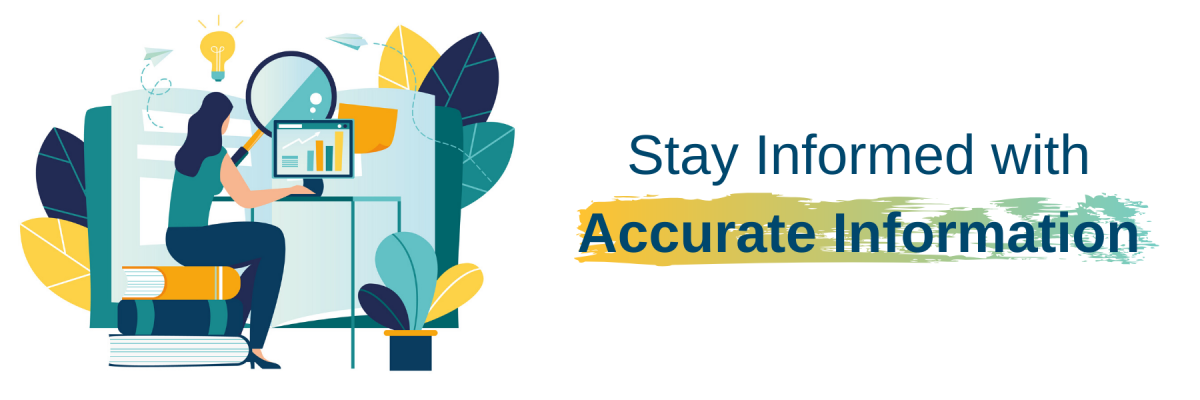
Speculation and misinformation can be harmful to your mental and emotional wellbeing. If you’re being bombarded by sources that spread more fear than facts, we recommend staying updated with credible, reputable sources like these:
“Understanding COVID-19 may help to reduce anxiety,” Kylie says. “Learn more about COVID-19 and safely talk with others.”
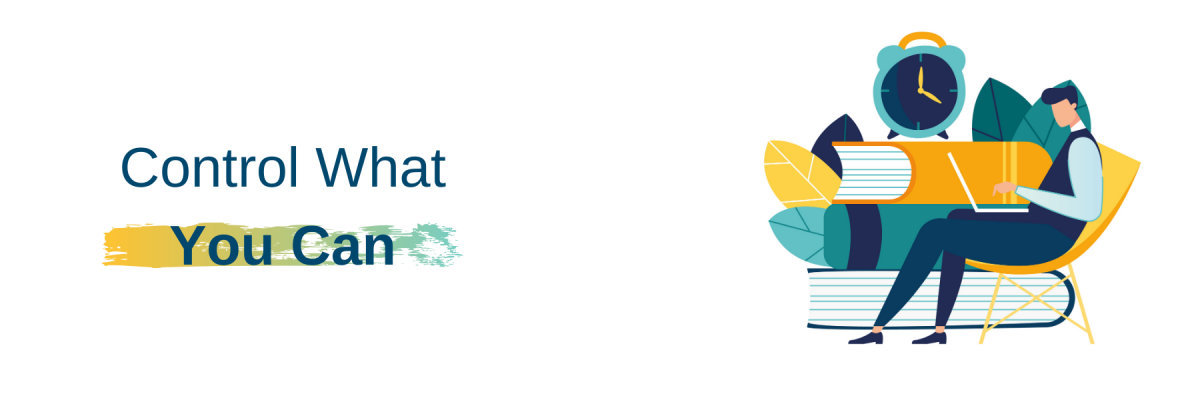
“When uncertainty strikes, many people immediately imagine worst-case scenarios,” Kylie explains. “Remember to be gentle with yourself instead of ruminating on negative events.”
Try not to dwell on the things you can’t control and focus on the things you can – like your day-to-day activities.
“Recent times have highlighted that most people are creatures of habit,” Kylie says. “Establish routines to give your days and weeks some comforting structure.”
If social distancing is preventing you from enjoying your usual routine, get creative and find alternative ways to fill your days. If you used to start the day with a coffee from your favourite café, learn how to make a killer brew yourself. If you’d normally end the day with an exercise class at the local gym, find a workout to do at home instead (hello, lounge room aerobics).
Learn to love your new ‘normal’ – and remember it’s only temporary.
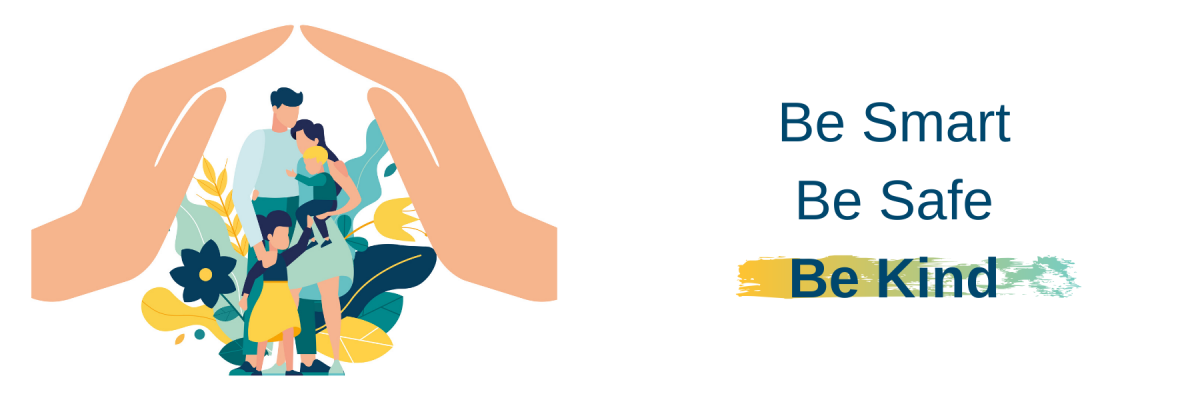
The coronavirus may be overwhelming, but it’s important to be scared without being scary.
Research shows novel threats like Ebola or avian flu raise anxiety levels higher than more familiar threats do. This panic can be contagious and counterproductive, making it more difficult to manage tough times effectively.
Do your best to approach the situation with empathy and check in with friends, family, and neighbours to see how they’re doing.
With kindness and support, we can be the calm in the storm.
“With all the unknowns, many people feel overwhelmed and disconnected,” Kylie says. “Remember those around you are in this chaos with you.”
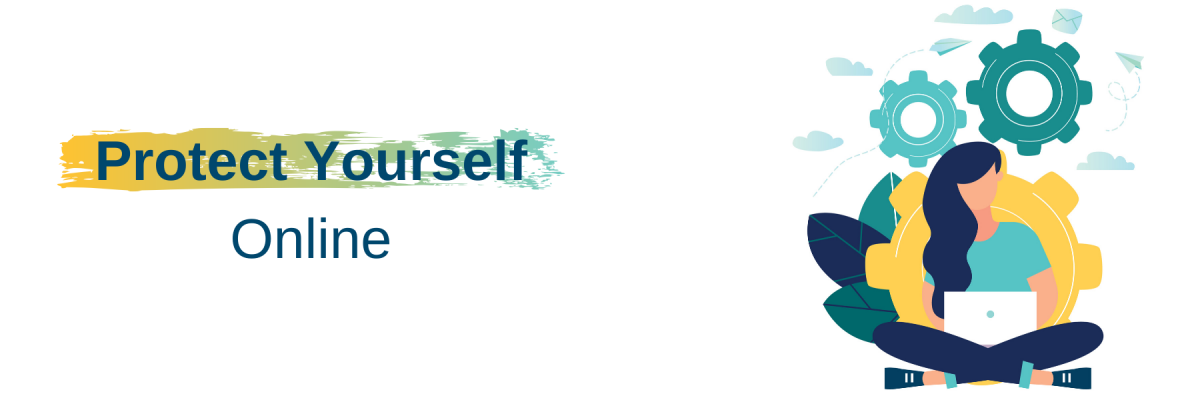
While the internet and social networks are a part of everyday life for many, we understand that this technology can put some people’s safety at risk.
If you live with or are currently experiencing family and domestic violence, ongoing safety requires vigilance in protecting yourself in your online presence.
Here are a few ways you can stay safe in a time where online connectedness is so strongly encouraged:
- Place a passcode on your device/s
- Update passwords on all accounts
- Ensure your accounts are set to ‘private’
- Be cautious when accepting new friend requests
- Turn off GPS and/or location settings on your device/s.
For more digital safety information, refer to this helpful advice from the Women’s Legal Service QLD.
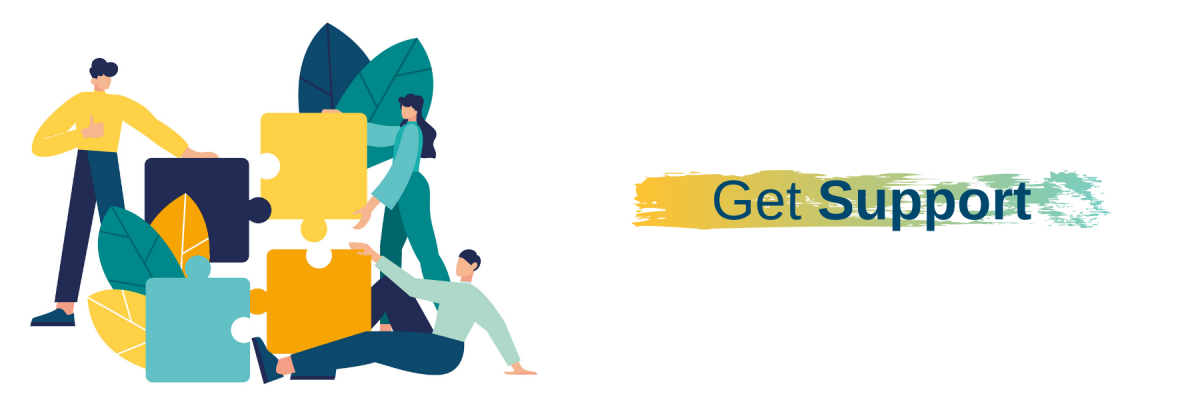
If you’re struggling to cope on your own, reach out for help.
Relationships Australia Queensland provides confidential counselling and support services to help you manage your stress and anxiety.
Be assured our staff and clients’ physical and emotional health is our top priority, and we’re taking all precautions in every venue to maintain a safe environment for everyone.
If you’d feel more comfortable receiving professional help from a distance, you can access our telephone counselling on 1300 364 277.
Finally, Kylie encourages us to remember how we’ve managed adversity before.
“Chances are you’ve overcome stressful events in the past,” she says. “Give yourself credit for how you coped with previous unknowns. Reflect on what you did during that event that was helpful, and what you might like to do differently this time.”
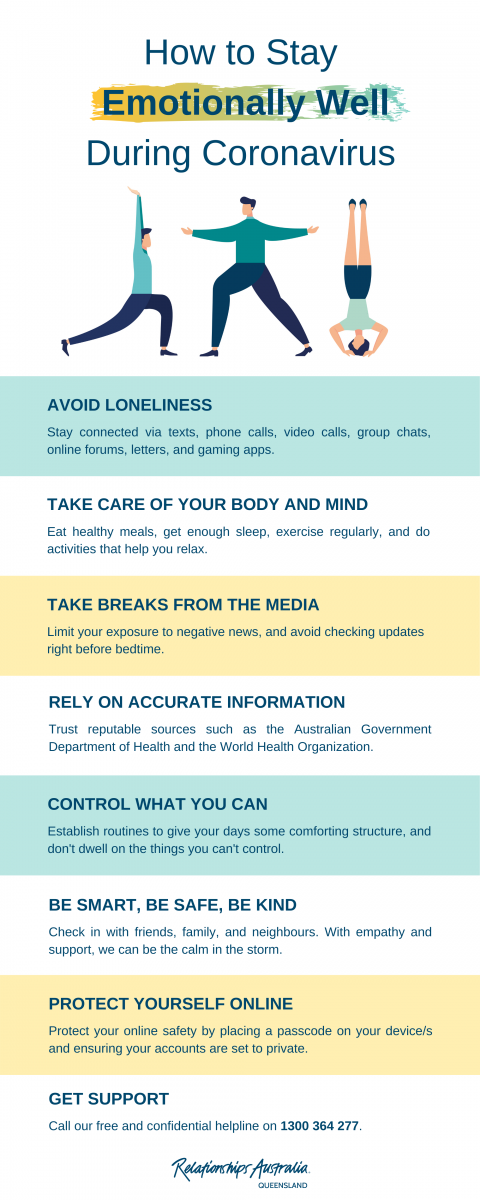
 Val Holden is an experienced family and couples therapist. She has a Masters Counselling, Bachelor Counselling, and a Grad Certificate of Business Management.
Val Holden is an experienced family and couples therapist. She has a Masters Counselling, Bachelor Counselling, and a Grad Certificate of Business Management.